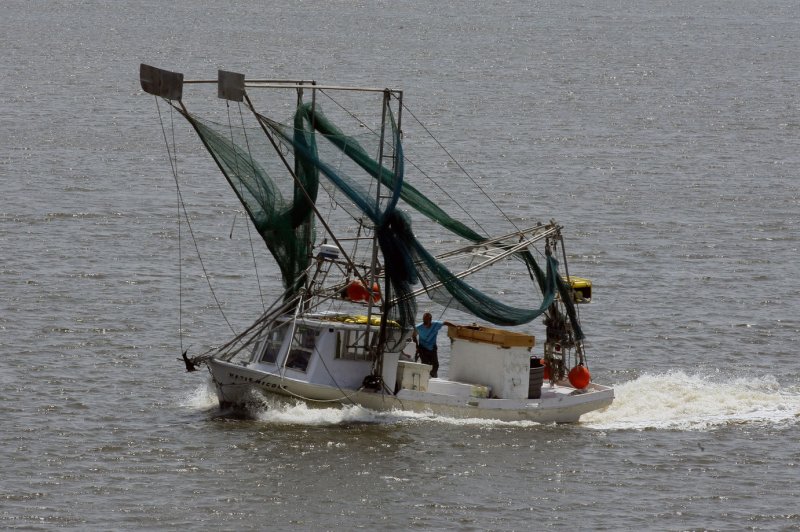New research suggests marine reserves can help commercial fishermen avoid bycatch and take in larger hauls of abundant commercial fish species. Photo by UPI/A.J. Sisco |
License Photo
Aug. 7 (UPI) -- Marine reserves protect portions of the ocean from commercial fishing and other extractive activities, like oil and gas exploration. But even as they leave fisherman with fewer places to fish, new research suggests marine reserves may actually be a boon to commercial fishermen.
To protect fish stocks and vulnerable species, regulators set limits on what commercial fisherman can haul in. But even when fishermen are targeting abundant commercial species, off-limits fish regularly end up in net -- these fish are called bycatch.
In an effort to avoid bycatch, commercial fishermen must sometimes restrict their legal catch. According to new models developed by scientists at the University of California, Davis, marine reserves serve as areas of refuge for bycatch fish.
The reserves, research suggests, ensure fishermen bring in fewer bycatch, freeing them to more aggressively target abundant commercial species.
"With marine reserves, our models show it's a win-win situation," Alan Hastings, a theoretical ecologist and professor at UCD, said in a news release. "You can have the harvest you would like from your target species while at the same time benefiting the weak stocks."
The multi-species models designed by Hastings and his colleagues showed marine reserves are more effective than fishing restrictions at encouraging higher reproductive rates among weak and strong fish stocks.
Marine reserves allow weaker fish stocks a place to recover so that regulators don't have to enact more aggressive restrictions on fishing.
"Ultimately, these reserves can keep the fishing going rather than shutting down a whole fishery to help these weaker species," Hastings said.
Researchers described their modeling efforts in a new paper published this week in the journal PNAS.















